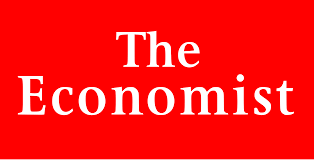
The xmas issue of The Economist presents a (gender-balanced!) list of 8 new stars of economics. I found it interesting to learn about the work of these very accomplished “bright young things” but derived even more pleasure from the historical narrative in the piece (perhaps, I admit, because it mostly matched my preconceptions about the recent history of economics…).
The Economist has compiled such lists 4 times by now (1988, 1998, 2008, 2018) and so the piece compares the pool of chosen individuals to provide an historical overview of the field.
According to The Economist, in 1988, empirical work enjoyed little prestige in economics and so most of the individuals picked as representing promise in the field were theorists with little concern for data analysis (think Paul Krugman). The piece quotes a poignant statement from the 80s by Edward Leamer: “Hardly anyone takes data analysis seriously. Or perhaps more accurately, hardly anyone takes anyone else’s data analysis seriously”.
In 1998, a wave of empiricism started that continued since, with the application of economics to many different applied fields (think Levitt’s Freakonomics) and a focus on quasi-experimental methods for causal inference (think Angrist and Pischke’s Mostly harmless economics). This empirical turn of economics has been criticised for neglecting theory, being too “cute and clever”, and “looking for keys under lampposts”. In a nutshell, the bright economists of the 98/08 cohorts were criticised for showing more allegiance to their preferred tools (e.g., regression discontinuity, instrumental variable regression) than to substantive theory and questions, which led to a “hit-and-run” strategy of publishing on a given topic/dataset that allowed applying the method rather than a long-term strategy to explore a fundamental question.
The 2018 cohort, The Economist suggests, has liberated itself from the empiricist growingpains of its predecessors and is allying methodological sophistication with the pursuit of important theoretical questions and societal problems, such as the economics education or inequality. In sum, the field has finally found the right balance of important issues, theory, and empirics (ah, what a bright future awaits us!). Ok, this sounds a bit too good to be true but it’s the Xmas issue after all…
You can read the full piece here.
Be the first to leave a comment. Don’t be shy.